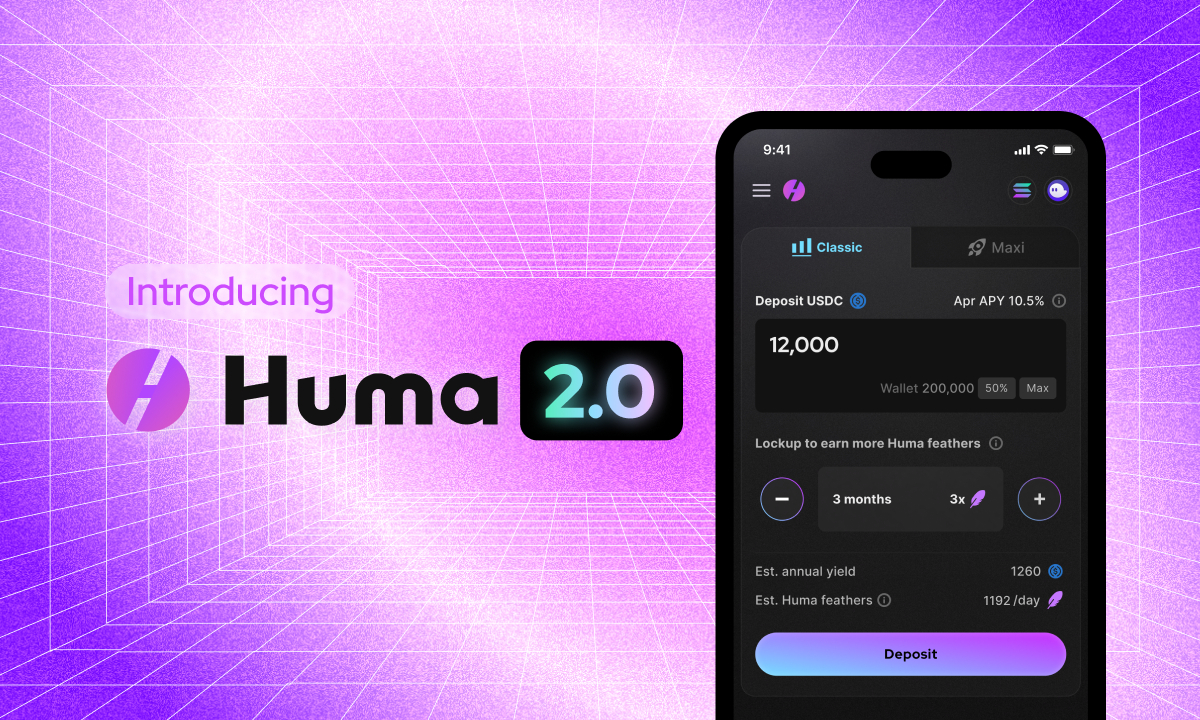As the decentralized finance (DeFi) ecosystem rapidly grows, the need for transaction security is becoming increasingly important. With the constant innovations in smart contracts and blockchain technology, risks are also on the rise. To protect DeFi users from risks such as smart contract vulnerabilities, hacker attacks, and malicious actions, decentralized insurance has emerged.
The Rise of Decentralized Insurance

Decentralized insurance, as the name suggests, provides protection for users without the involvement of traditional insurance companies or intermediaries. Traditional insurance relies on central organizations to determine pricing, claims, and risk management, while decentralized insurance utilizes blockchain technology and smart contracts to automate the insurance process, reducing human intervention and increasing transparency and efficiency.
Leading Platforms and Services

Currently, several innovative platforms have emerged in the decentralized insurance space, with some of the most notable being Nexus Mutual and Opium. Nexus Mutual is a decentralized insurance platform based on Ethereum that allows users to purchase insurance by participating in risk pools, protecting themselves from losses due to smart contract vulnerabilities and hacker attacks. The platform ensures fairness and transparency of insurance products through community governance.
Another leading decentralized insurance platform, Opium, provides insurance protection for various DeFi protocols and projects, particularly for smart contract risks. Opium uses innovative contract designs to simplify the purchase and claims process, ensuring that compensation is triggered quickly in the event of a smart contract attack.
Advantages of Decentralized Insurance

One of the significant advantages of decentralized insurance is that it removes the role of traditional insurance companies as intermediaries, allowing users to engage directly through blockchain platforms, thus lowering costs. Smart contracts can automatically execute compensation terms within the coverage scope, improving efficiency and reducing human interference. At the same time, decentralized insurance products offer greater transparency, allowing users to check the status of risk pools, fund movements, and compensation cases at any time.
Challenges Faced
Although decentralized insurance excels in terms of efficiency and transparency, it still faces several challenges. Firstly, pricing fairness is a key issue. Due to the lack of central regulation, decentralized insurance products may experience significant volatility in pricing, and users need to assess the platform's stability and potential risks.
Secondly, claims efficiency is another challenge. While smart contracts theoretically automate compensation terms, in practice, complex incidents or disputes may delay claims or fail to meet users' expectations. Moreover, the compliance of decentralized insurance platforms is an issue of concern. Without the regulatory oversight of traditional insurance, these platforms may face uncertainty regarding legal regulations.
Future Outlook
Despite the challenges, decentralized insurance remains a promising component of the DeFi ecosystem. As technology develops and more users participate, decentralized insurance platforms are expected to improve pricing models and claims mechanisms, strengthening market trust. Additionally, as blockchain technology continues to advance, the applications of decentralized insurance will expand, potentially covering more financial products and scenarios to provide comprehensive protection for DeFi users.
















No comments yet